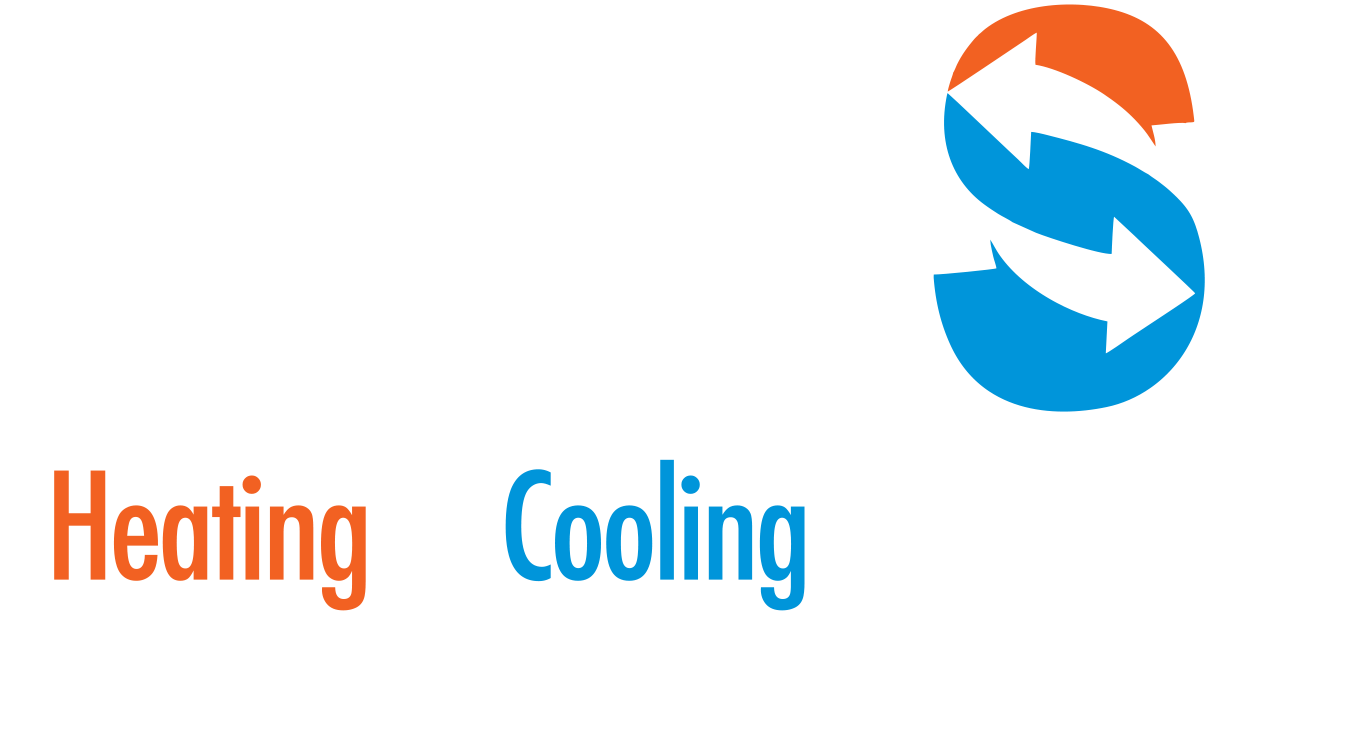Transform Your Indoor Environment: HVAC Tips for Superior Air Quality
Maintaining optimal indoor air quality (IAQ) is essential for a healthy living environment. Your home's HVAC (Heating, Ventilation, and Air Conditioning) system plays a pivotal role in regulating air quality by filtering pollutants, controlling humidity, and ensuring proper ventilation. Here are some top HVAC solutions to enhance IAQ:
Upgrade Air Filtration Systems
Standard HVAC filters capture large particles like dust but may miss smaller contaminants such as pollen, mold spores, and bacteria. Upgrading to high-efficiency particulate air (HEPA) filters can significantly improve air purification, removing up to 99.97% of particles as small as 0.3 microns. Regularly replacing these filters, typically every 30 to 90 days depending on usage and environmental factors, ensures optimal performance.
Implement UV Light Purification
Ultraviolet (UV) light systems installed within HVAC ducts can effectively neutralize airborne pathogens, including bacteria, viruses, and mold spores. By disrupting the DNA of these microorganisms, UV purification prevents their proliferation, thereby enhancing IAQ. This technology is particularly beneficial in reducing the spread of airborne diseases and maintaining a healthier indoor environment.
Control Humidity Levels
Excess humidity fosters mold growth and dust mites, while overly dry air can cause respiratory discomfort. Maintaining indoor humidity between 30% and 50% is ideal. Incorporating dehumidifiers or humidifiers into your HVAC system allows for precise humidity control, mitigating health risks associated with improper moisture levels. Proper humidity management also preserves the integrity of your home’s structure and furnishings.
Ensure Adequate Ventilation
Proper ventilation introduces fresh outdoor air, diluting indoor pollutants. Heat Recovery Ventilators (HRVs) and Energy Recovery Ventilators (ERVs) are effective solutions that exchange stale indoor air with fresh outdoor air while conserving energy by transferring heat between the incoming and outgoing air streams. This process maintains indoor comfort and improves air quality without significantly increasing energy costs.
Schedule Regular HVAC Maintenance
Routine maintenance ensures your HVAC system operates efficiently and effectively. Professional inspections can identify and rectify issues such as clogged filters, ductwork leaks, or malfunctioning components that compromise IAQ. Regular maintenance also extends the lifespan of your system and can lead to energy savings.
Consider Demand-Controlled Ventilation (DCV)
DCV systems adjust ventilation rates based on occupancy levels and indoor pollutant concentrations, optimizing air quality while conserving energy. By utilizing sensors to monitor CO₂ levels or humidity, DCV provides ventilation precisely when and where it's needed, enhancing IAQ and reducing unnecessary energy consumption.
Implementing these HVAC solutions can significantly enhance indoor air quality, promoting a healthier and more comfortable home environment. Consult with HVAC professionals to assess your specific needs and determine the most suitable options for your household.

